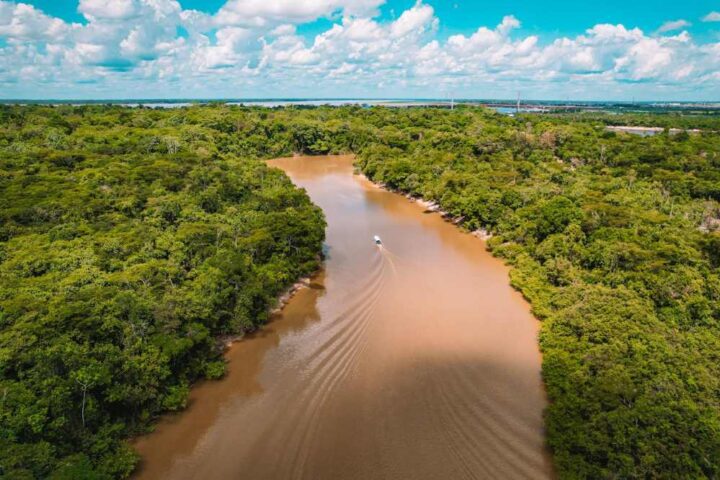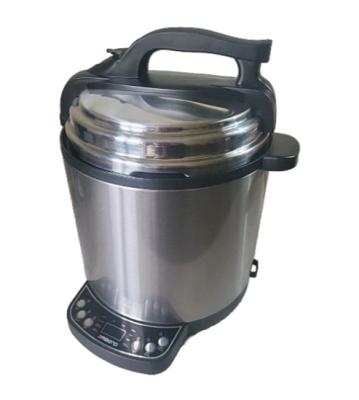A Halifax-based startup is turning heads in the menstrual product industry by creating fully compostable pads that break down in just two months. Aruna Revolution, founded by UBC biomedical engineering alumna Rashmi Prakash, recently won the James Dyson Award’s Canada prize for design innovation.
Most conventional pads contain up to 90% plastic and can take centuries to decompose. With billions of menstrual pads ending up in landfills each year, this creates a significant environmental problem.
“This award recognizes the urgent need to eliminate plastics from everyday products,” said Prakash, who now serves as an adjunct professor at UBC’s school of biomedical engineering.
The innovation stands out because it uses agricultural by-products from Nova Scotia farms. Prakash developed a proprietary fiber extraction process that transforms farm waste like canola stalks, corn stover, and food by-products into absorbent materials for the pads.
Similar Posts
Unlike many products labeled as “biodegradable” that still contain plastic or synthetic materials, Aruna pads are completely plastic-free. Every component of the pad – including the top sheet, absorbent core, and backsheet – is designed to fully break down under composting conditions.
The pads have undergone rigorous testing. According to information from the James Dyson Award page, the top sheet passed a 67-person Repeat Insult Patch Test (RIPT) to ensure skin safety. The backsheet has received TÜV certification for both home and industrial compostability.
The company received a significant boost in January 2025 when it secured a $300,000 investment deal on CBC’s Dragons’ Den. Tech entrepreneur Michele Romanow and beer entrepreneur Manjit Minhas offered the funding in exchange for 25% of the company.
Aruna Revolution is currently building a facility in Nova Scotia and preparing for product launch. The company has already sold its first wholesale batch and is looking to expand sourcing across Canada.
The startup received support from several innovation programs, including GreenShoots (a collaborative initiative by Invest Nova Scotia, Greenspring Bioinnovation Hub, and Bioenterprise Canada), NRC IRAP IP Assist, Innovation Asset Collective, and Atlantic IP delivered by Springboard.
Beyond just creating an environmentally friendly product, Aruna Revolution aims to address period stigma and improve access to menstrual products. Prakash and co-founder Lanna Last envision expanding beyond Canada to help provide better access to sustainable period products globally. The company’s efforts align with growing consumer demand for plastic-free and PFAS-free personal care products, reflecting a broader trend toward sustainable alternatives in everyday items.



















